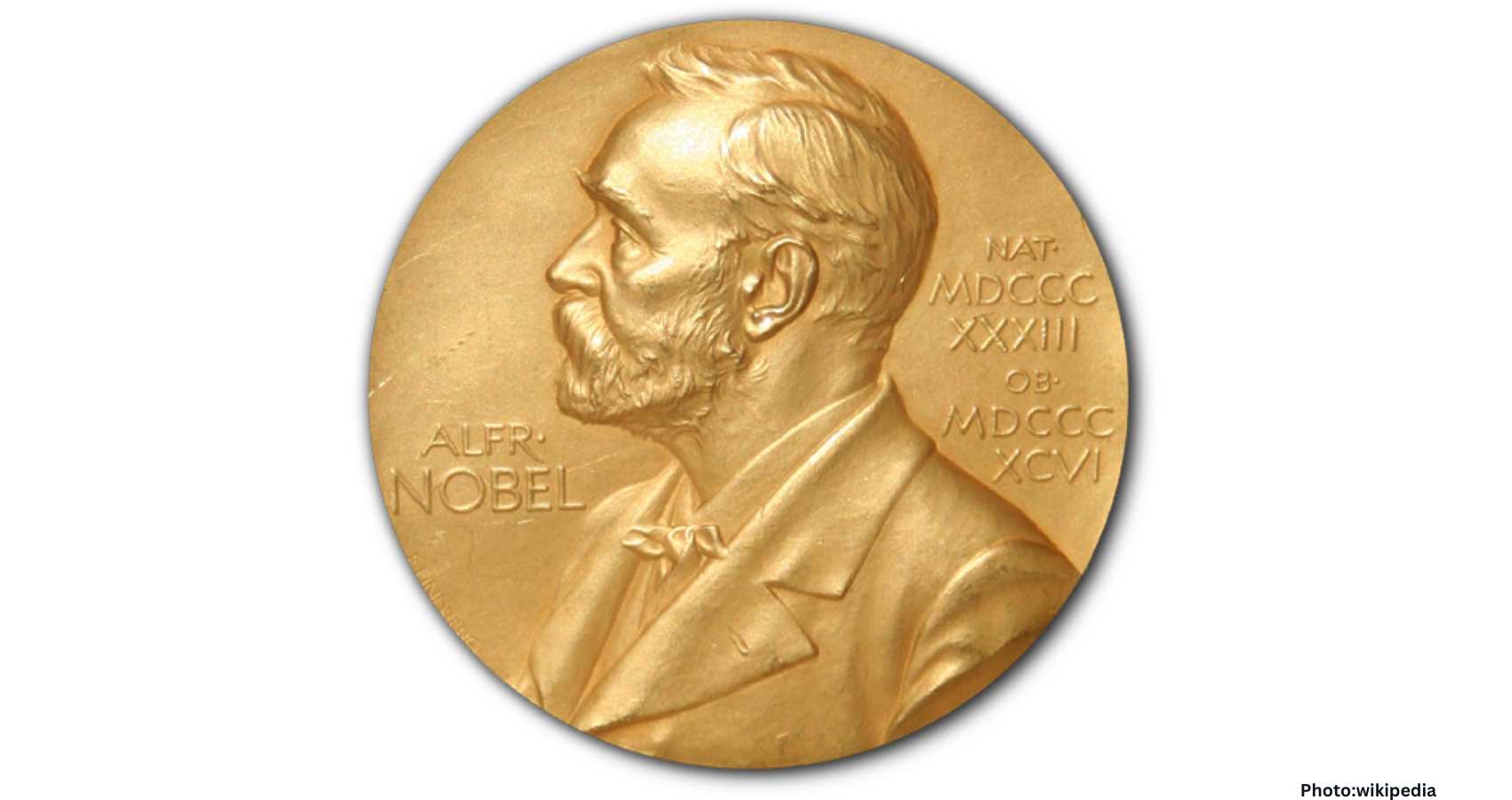Countries with robust research traditions and stable institutions dominate the Nobel Prize rankings, reflecting global disparities in innovation and scholarship up to 2025.
A recent global analysis has ranked countries based on the number of Nobel Prizes awarded to their citizens up to 2025. This ranking provides a compelling perspective on how innovation, scholarship, and social progress are distributed worldwide.
Leading the list are nations with established traditions of research funding, strong academic systems, and stable social institutions. These countries consistently produce laureates across various fields, including Physics, Chemistry, Medicine, Literature, Peace, and Economic Sciences.
However, below this top tier, there is a notable drop-off in the number of prizes awarded. Many nations, despite having large populations or experiencing rapid economic growth, have received relatively few Nobel recognitions. This disparity underscores the importance of infrastructure, freedom of inquiry, and global academic networks in fostering world-class achievements.
The analysis also prompts reflection on the factors that contribute to Nobel success. Key elements such as investment in education, international collaboration, and a cultural emphasis on curiosity and perseverance appear to play significant roles. While the rankings do not fully account for “per capita” performance or the emergence of new research hubs, they provide an enlightening snapshot of where excellence has historically been concentrated.
As more countries increase their investments in science, humanities, and global engagement, future Nobel rankings may evolve. However, the current list illustrates the stark inequalities in Nobel recognition across nations.
According to Global Net News, these insights reveal the ongoing challenges and opportunities in the pursuit of academic and social advancements on a global scale.
Source: Original article

